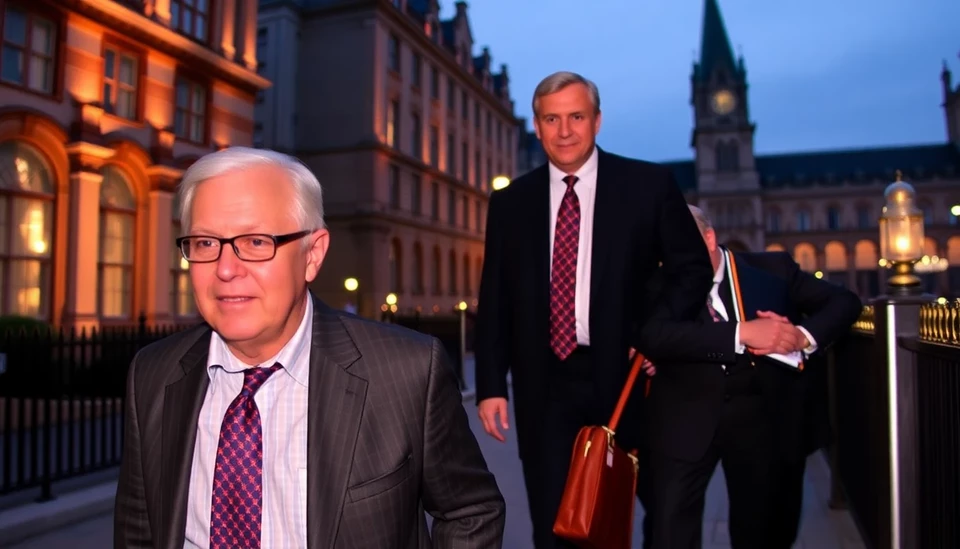
In a recent statement that has created waves across the British economic landscape, the United Kingdom's richest man has boldly claimed that the government's proposed tax increases are not just detrimental; they are "spiteful" and could significantly hamper the nation’s growth trajectory. This assertion comes amid ongoing discussions in Parliament where lawmakers are grappling with how best to reallocate financial resources to address pressing national needs without stifling economic accumulation.
Describing the proposed tax hikes as an attack on wealth creation, the billionaire urged policymakers to reconsider their strategy, arguing that these measures are likely to deter investment and drive high-net-worth individuals and businesses to seek more favorable financial climates abroad. According to him, a balanced approach to tax reform is essential for sustaining economic dynamism and encouraging innovation.
The remarks illuminate a critical tension in the current economic discourse within the UK, where rising costs of living and public demand for better social services are pitted against the need for a prosperous business environment. As various sectors voice opposition to the tax increases, they point out that a punitive tax regime could lead to capital flight and consequently hinder job creation.
This billionaire's comments have spurred further debate regarding the sustainability of the UK’s current fiscal policies amidst a backdrop of economic turbulence, rising inflation, and a cost-of-living crisis affecting households throughout the nation. Many are questioning whether the government can balance its budgetary necessities with the imperative to foster a competitive economic landscape conducive to growth.
The implications of these projected tax increases extend beyond just the wealthy; they have the potential to impact every level of society. Critics of the tax hikes argue that they may ultimately burden the middle and working classes more heavily than intended, as increased corporate taxes could be passed down to consumers in the form of higher prices on goods and services.
As the political landscape evolves, this billionaire's warning serves as a crucial reminder of the intertwined nature of economic policy and growth potential. He emphasized the need for a comprehensive review of tax policies that considers not just immediate revenue needs but also the long-term repercussions on investment and development within the UK's economy.
The debate surrounding tax policy in the UK is not merely an academic one; it directly affects the livelihoods of millions. As this narrative unfolds, it will be pivotal for legislators to strike a balance that aligns with the needs of the public while still fostering an environment ripe for growth and innovation.
In conclusion, as the government navigates the intricate dance of fiscal responsibility and economic vitality, business leaders are calling for a thoughtful approach to taxation that encourages rather than deters growth. The conversations sparked by such high-profile voices are likely to play a significant role in shaping not just policy but the economic future of the United Kingdom.
#UK #TaxPolicy #EconomicGrowth #BillionaireViews #Investment #FinancialClimate #WealthCreation #CostOfLiving
Author: Laura Mitchell




